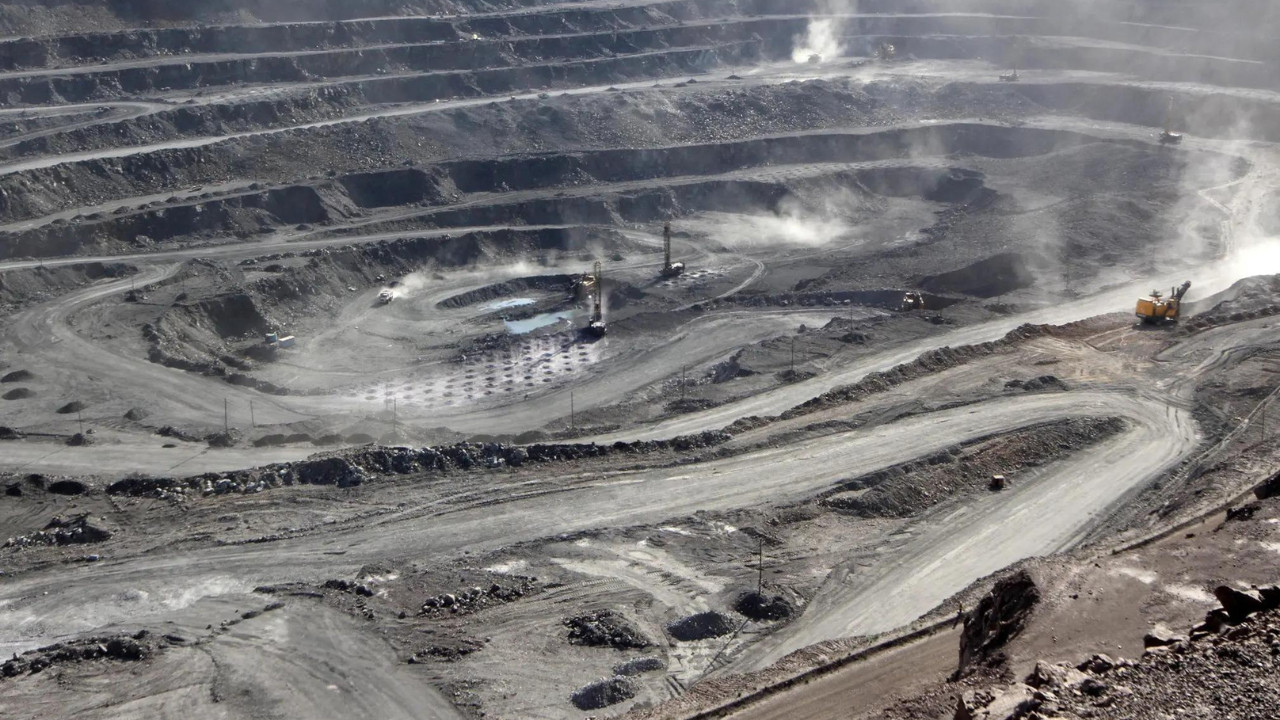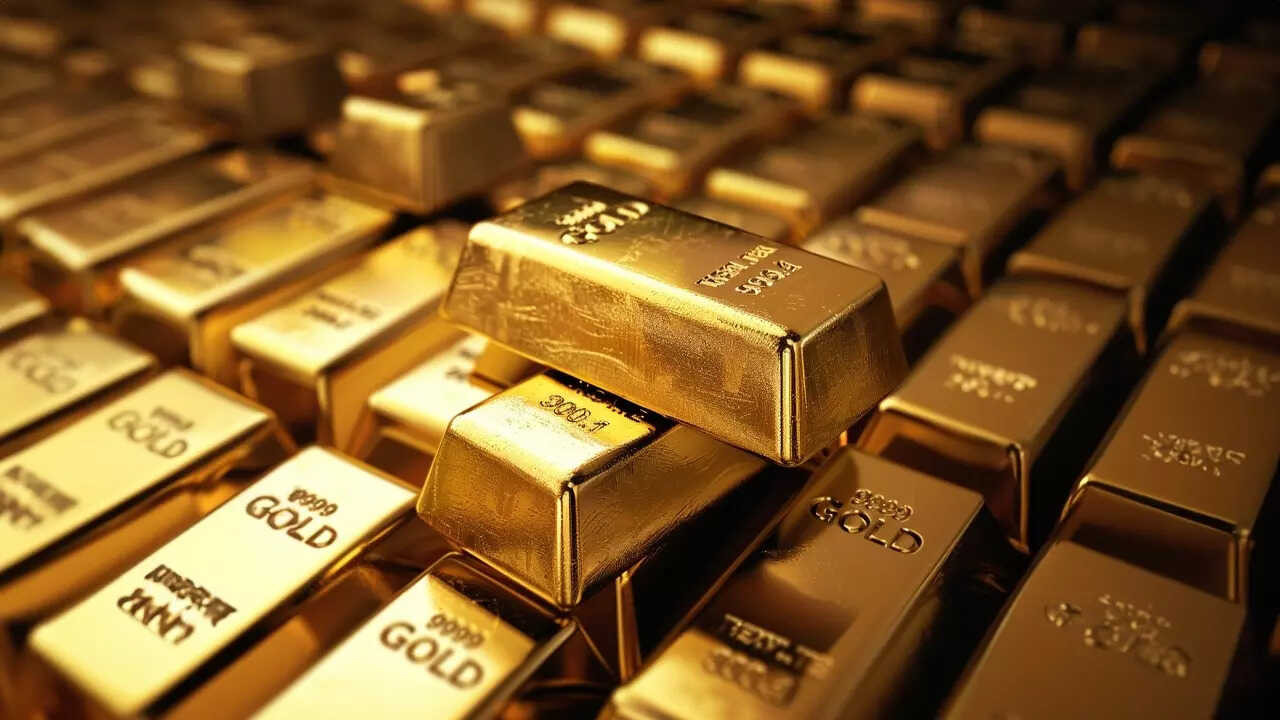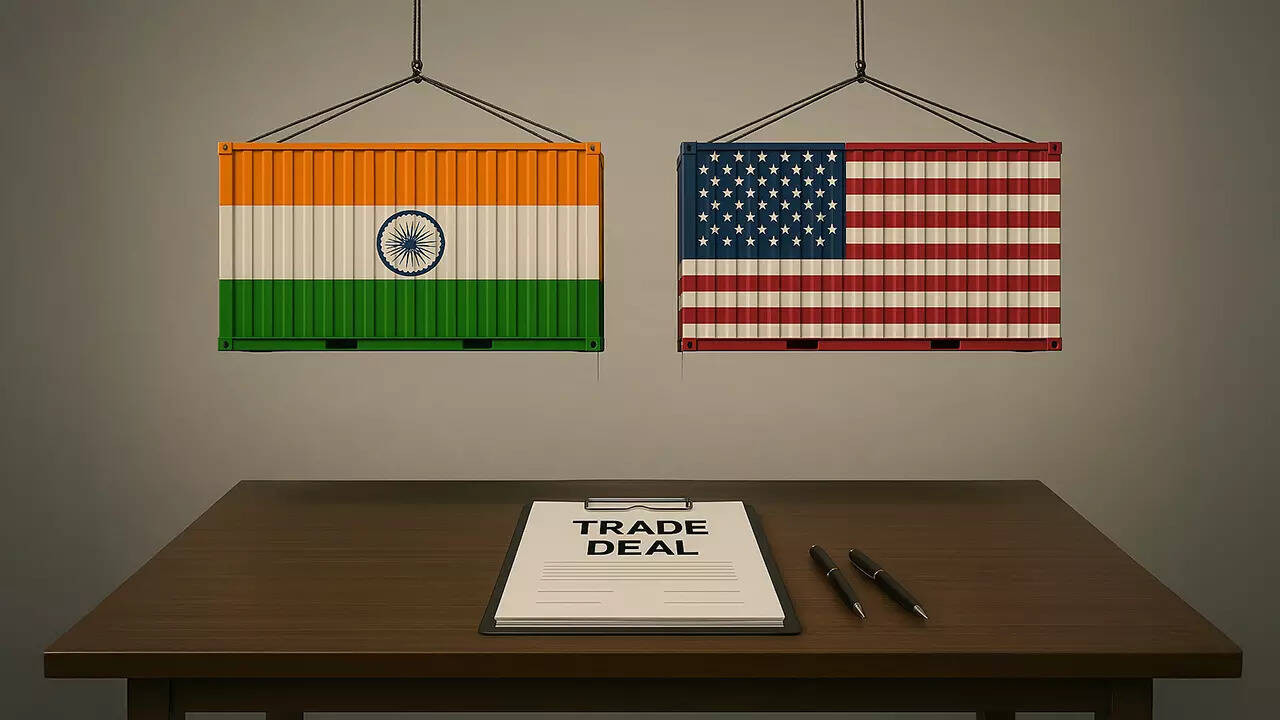India is engaging with China to stabilize trade supply chains after Beijing’s rare earth export curbs disrupted the automotive sector. Maruti Suzuki scaled back near-term EV production due to raw material shortages, despite aiming to meet full-year targets. Indian automakers seek government intervention to expedite rare earth magnet import approvals, crucial for EV motor production.
Rare Earths and Electric Dreams: A Balancing Act for India
Okay, let’s talk shop. Specifically, electric shop. And by that, I mean the bubbling, electrifying world of electric vehicles (EVs) in India, and the slightly less glamorous, but absolutely vital, element that makes them tick: rare earth minerals.
Lately, the news has been humming with whispers – and now, louder conversations – about India’s negotiations with China regarding the import of these crucial materials. Why China, you ask? Well, they pretty much hold the keys to the rare earth kingdom. They control a massive chunk of the global supply, making them a significant, and sometimes unavoidable, player in the EV game for any nation with electric ambitions.
So, what’s the big deal? Why is India suddenly scrambling to secure a steady supply? It boils down to predictability. Right now, the rare earth market is a bit like a rollercoaster – thrilling, maybe, but ultimately unsettling if you’re trying to build a stable business. Fluctuations in supply, geopolitical tensions, and shifting demand all contribute to this volatility. India, quite rightly, wants to smooth out those bumps and create a predictable path for its rapidly growing EV sector.
Imagine trying to bake a cake when you’re never quite sure if you’ll have enough flour. That’s essentially the situation faced by EV manufacturers without a reliable source of rare earth minerals. These minerals are the unsung heroes of electric motors, batteries, and a whole host of other high-tech applications. They are what allow the wheels to turn, literally. Without them, the electric revolution grinds to a halt.
The government’s focus on securing these resources isn’t just about supporting existing manufacturers; it’s about fostering innovation and attracting further investment in the Indian EV ecosystem. Businesses need certainty to thrive. Knowing they can count on a consistent supply of key components allows them to plan for the future, invest in research and development, and ultimately, bring more affordable and efficient EVs to the Indian consumer.
Now, here’s where things get a little more interesting. The same article mentions Maruti Suzuki, a major player in the Indian auto market, slightly reducing its EV production targets. This might seem like a contradiction in the midst of all this push for rare earth agreements. Is the EV hype train losing steam?
I don’t think so. More likely, this is a pragmatic adjustment based on real-world market dynamics. Let’s be honest, EVs are still relatively expensive in India. Infrastructure, like charging stations, is still developing. And consumer awareness is growing, but hasn’t quite reached critical mass.
Maruti Suzuki’s adjustment, in my opinion, is a smart move to align production with current demand. It’s a responsible way to manage inventory and avoid flooding the market with vehicles that might not find buyers. It also gives them breathing room to fine-tune their EV offerings and prepare for the next wave of consumer adoption.
The situation highlights the complex interplay of factors that are shaping the Indian EV landscape. It’s not just about securing rare earth minerals (although that’s clearly crucial); it’s also about pricing, infrastructure, consumer acceptance, and the overall economic climate.
India’s approach to navigating this complexity feels like a delicate balancing act. On one hand, there’s the need to aggressively promote the transition to electric vehicles. On the other hand, there’s the need to manage expectations, ensure sustainable growth, and avoid creating a bubble that could burst.
Looking ahead, this negotiation with China is more than just a trade agreement; it’s a strategic move that could significantly impact India’s economic future. Securing a stable supply of rare earth minerals is essential for building a robust EV industry, fostering innovation, and achieving long-term energy security.
It will be interesting to see how these talks progress and what kind of agreement India is able to secure. The outcome will undoubtedly have a ripple effect across the entire EV sector, influencing everything from vehicle prices to charging infrastructure development and, ultimately, the pace of India’s transition to a greener, more sustainable transportation future.
It’s a story worth watching closely. Because the choices made today will determine the path India takes towards its electric dreams tomorrow.
📬 Stay informed — follow us for more insightful updates!







